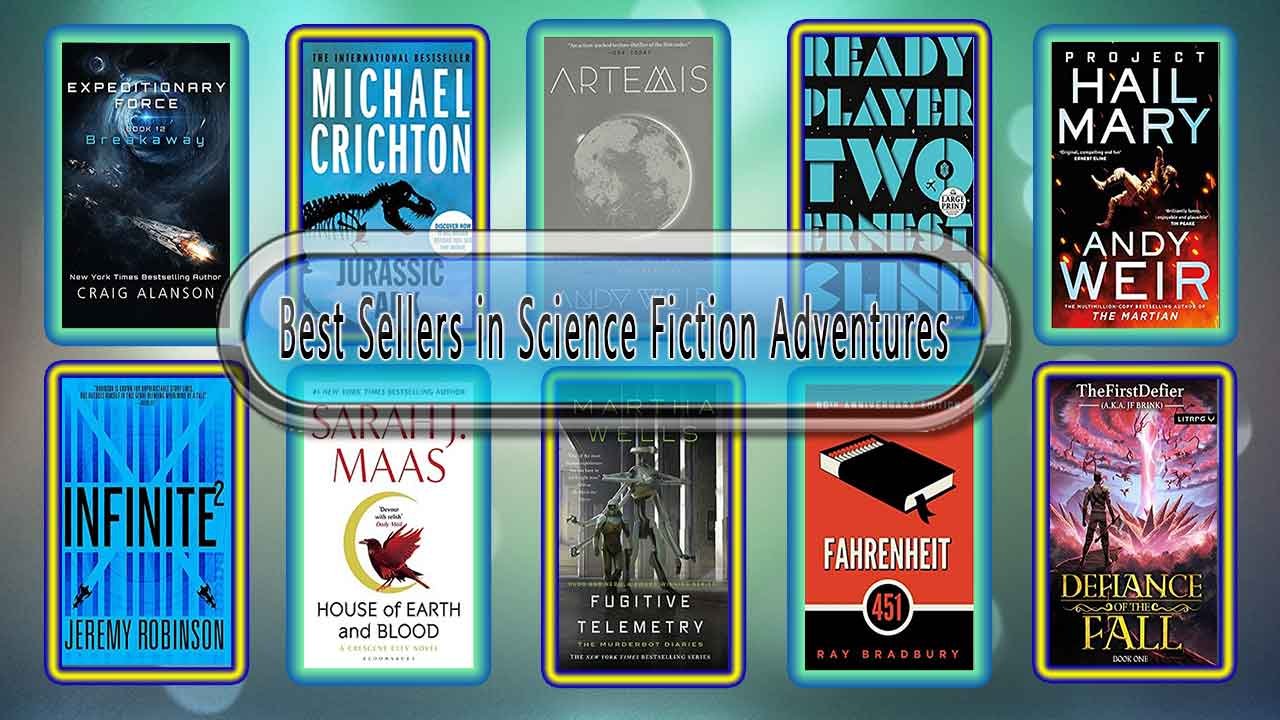Unraveling the Dark Ties: Gothic Literature’s Enduring Impact on Modern Horror
Gothic literature, with its eerie castles, sinister secrets, and brooding atmospheres, has left an indelible mark on the world of literature and entertainment. Born in the late 18th century, this spine-chilling genre continues to send shivers down our spines to this day. But what exactly makes Gothic literature so influential in shaping modern horror? Join us as we embark on a journey through the shadowy corridors of history to uncover the profound impact Gothic tales have had on the spine-tingling stories that keep us up at night.
1. Haunting Settings: The Grand Stage of Fear
From the dark and decaying castles of “Dracula” to the labyrinthine hallways of “The Haunting of Hill House,” Gothic literature serves as a master of setting the stage for horror. These ominous backdrops create an atmosphere of dread and anticipation, inspiring contemporary horror authors and filmmakers to craft their own haunting locales that leave audiences on the edge of their seats.
2. Complex Characters: Heroes and Villains Cloaked in Darkness
Gothic literature gifted us some of the most memorable characters in literary history. With their inner turmoil and moral ambiguity, these characters have paved the way for complex and multi-dimensional protagonists and antagonists in modern horror. Think of the tormented souls in “Frankenstein” and how they have influenced the tragic monsters we encounter in present-day horror tales.
3. The Supernatural Unleashed: Embracing the Unknown
Gothic tales often dance on the blurred line between reality and the supernatural. By infusing their narratives with mysterious and otherworldly elements, authors like Edgar Allan Poe and Mary Shelley set a precedent for the incorporation of ghosts, witches, and demonic forces in modern horror. The allure of the unknown continues to captivate audiences, keeping them spellbound with each chilling encounter.
4. Psychological Terror: Delving into the Abyss
Beyond external horrors, Gothic literature excelled in exploring the depths of human psychology. “Dr. Jekyll and Mr. Hyde” introduced us to the battle between good and evil within one’s self, while “Rebecca” delved into the sinister implications of a manipulative mind. Today’s horror works embrace these psychological twists, adding layers of complexity and intrigue to frightful tales.
5. Emotionally Charged Narratives: The Power of Fear and Longing
Gothic literature often weaved tales of unrequited love, obsession, and melancholy, evoking strong emotions in readers. This emotional resonance has carried over into modern horror, where stories like “Crimson Peak” and “The Babadook” tug at our heartstrings while sending shivers down our spines, creating unforgettable experiences that linger long after the final page or credits roll.
6. Themes of Isolation and Claustrophobia: Trapped in a Nightmarish World
The Gothic genre has long explored themes of isolation and claustrophobia, whether through remote mansions or isolated villages. These themes have influenced contemporary horror works like “The Shining” and “The Blair Witch Project,” where protagonists find themselves trapped in terrifying and inescapable scenarios, ratcheting up the tension and fear factor.
Unfading Echoes: Gothic Literature’s Eternal Hold on Modern Horror
Gothic literature’s spectral fingerprints are all over the modern horror landscape. Its haunting settings, intricate characters, supernatural allure, psychological depth, emotional intensity, and recurring themes of isolation continue to breathe life into the tales that send chills down our spines. As long as there’s a desire for spine-tingling tales, Gothic literature’s influence will endure, bridging the gap between the past and the ever-evolving realm of horror storytelling. So, next time you hear a creak in the floorboards or feel a shiver down your spine, remember that Gothic literature’s legacy lives on, lurking just beneath the surface of the modern horror genre.
Mind-blowing: The Power of Antagonists: Elevating Fiction Writing









